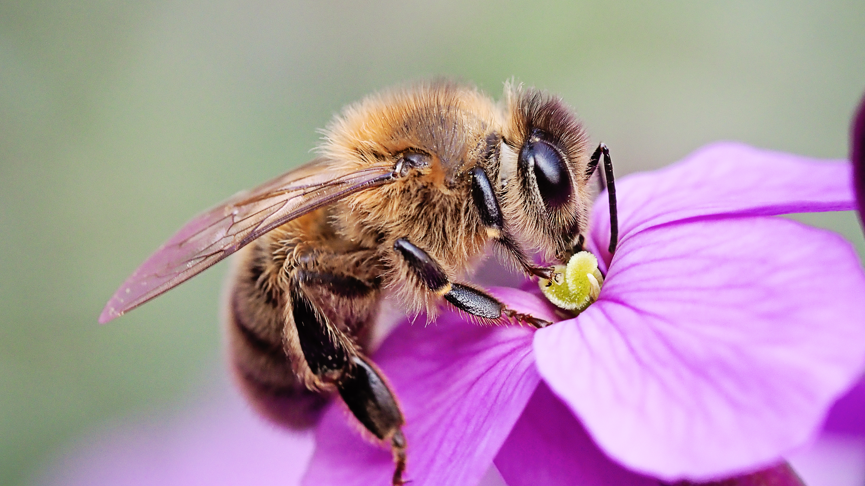Wild flowers attract rare bees to urban common
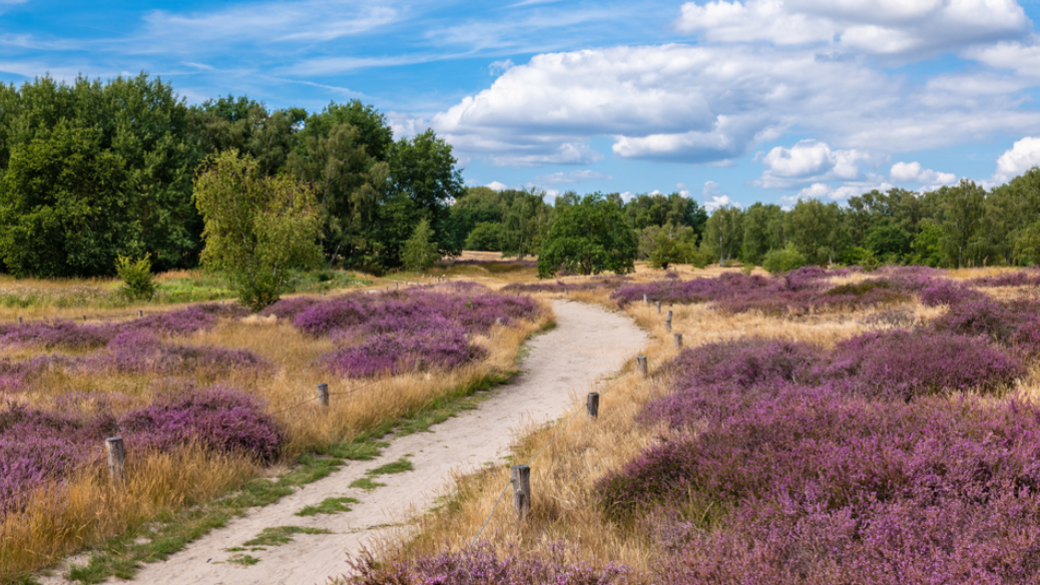
- Published
Hundreds of wild flowers which were planted in Walsall are attracting rare bees to the area.
The initiative is part of the Purple Horizons nature recovery project, a partnership which aims to restore and connect heath-lands to the fringes of the urban West Midlands.
Earlier this year, 60 volunteers planted Tormentil, Harebell and Cat’s Ear plants at Pelsall Common, Heath End.
The aim was to attract the Tormentil Mining Bee and provide a source of food for the bees and their young.
Purple Horizons brought together Natural England, Birmingham and Black Country Wildlife Trust, Walsall Council and the University of Birmingham.
A large part of the project aims to make space for bees and wasps in freshly dug earth.
The partnership said the Tormentil Mining Bee is scarce in the UK due to the loss of heath-land, with around 80% lost over the last two centuries.
Aaron Bhambra, a researcher at the University of Birmingham has been monitoring the project and said: "The wild flowers are starting to flower and seem to have established well at the sites. We had bees foraging on them whilst we were planting them on the day, so I am sure they are being used.”
Follow BBC Birmingham on Facebook, external, X, external and Instagram. Send your story ideas to: newsonline.westmidlands@bbc.co.uk, external
- Published20 May 2024
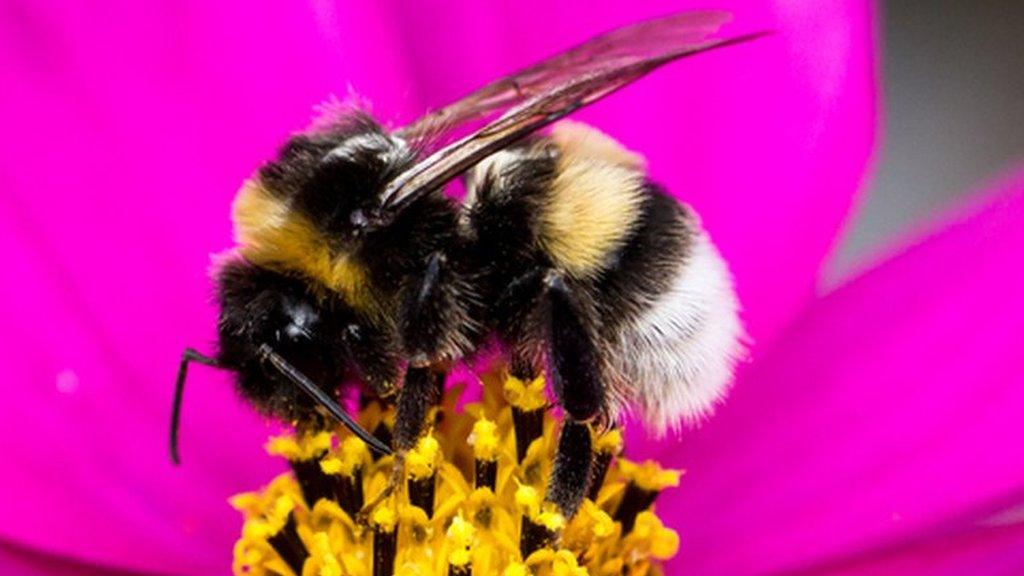
- Published25 July 2024
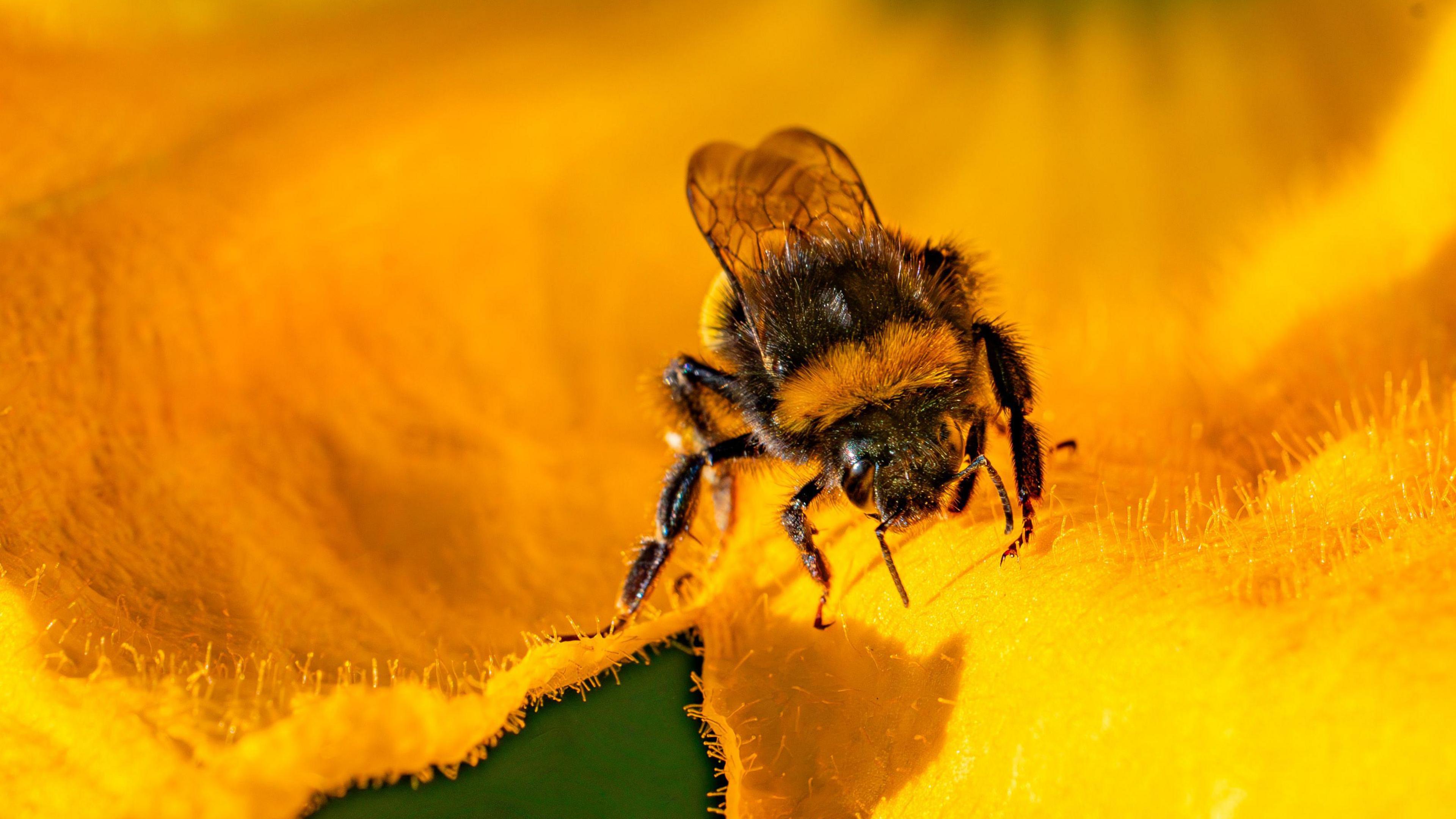
- Published6 July 2024
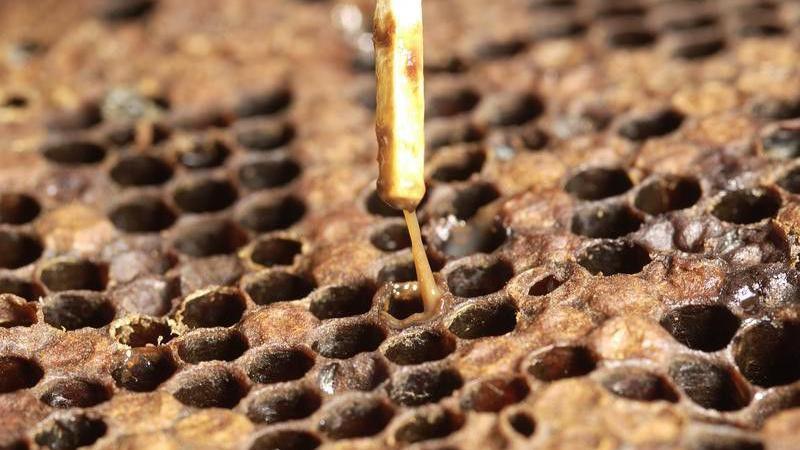
- Published15 June 2024
